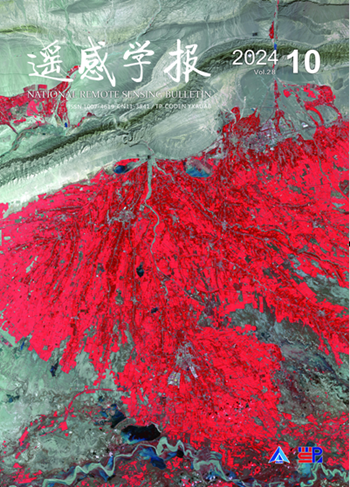潜入未知:拥抱不确定性推进水生遥感
引用次数: 0
摘要
本文章由计算机程序翻译,如有差异,请以英文原文为准。
Dive Into the Unknown: Embracing Uncertainty to Advance Aquatic Remote Sensing
Uncertainty is an inherent aspect of aquatic remote sensing, originating from sources such as sensor noise, atmospheric variability, and human error. Although many studies have advanced the understanding of uncertainty, it is still not incorporated routinely into aquatic remote sensing research. Neglecting uncertainty can lead to misinterpretations of results, missed opportunities for innovative research, and a limited understanding of complex aquatic systems. In this article, we demonstrate how working with uncertainty can advance remote sensing through three examples: validation and match-up analysis, targeted improvement of data products, and decision-making based on information acquired through remote sensing. We advocate for a change of perspective: the uncertainty inherent in aquatic remote sensing should be embraced, rather than viewed as a limitation. Focusing on uncertainty not only leads to more accurate and reliable results but also paves the way for innovation through novel insights, product improvements, and more informed decision-making in the management and preservation of aquatic ecosystems.
求助全文
通过发布文献求助,成功后即可免费获取论文全文。
去求助
来源期刊

遥感学报
Social Sciences-Geography, Planning and Development
CiteScore
3.60
自引率
0.00%
发文量
3200
期刊介绍:
The predecessor of Journal of Remote Sensing is Remote Sensing of Environment, which was founded in 1986. It was born in the beginning of China's remote sensing career and is the first remote sensing journal that has grown up with the development of China's remote sensing career. Since its inception, the Journal of Remote Sensing has published a large number of the latest scientific research results in China and the results of nationally-supported research projects in the light of the priorities and needs of China's remote sensing endeavours at different times, playing a great role in the development of remote sensing science and technology and the cultivation of talents in China, and becoming the most influential academic journal in the field of remote sensing and geographic information science in China.
As the only national comprehensive academic journal in the field of remote sensing in China, Journal of Remote Sensing is dedicated to reporting the research reports, stage-by-stage research briefs and high-level reviews in the field of remote sensing and its related disciplines with international and domestic advanced level. It focuses on new concepts, results and progress in this field. It covers the basic theories of remote sensing, the development of remote sensing technology and the application of remote sensing in the fields of agriculture, forestry, hydrology, geology, mining, oceanography, mapping and other resource and environmental fields as well as in disaster monitoring, research on geographic information systems (GIS), and the integration of remote sensing with GIS and the Global Navigation Satellite System (GNSS) and its applications.
 求助内容:
求助内容: 应助结果提醒方式:
应助结果提醒方式:


